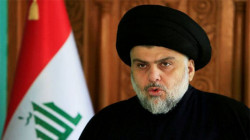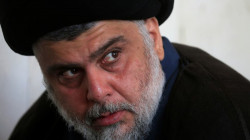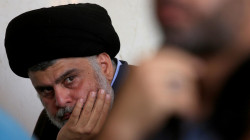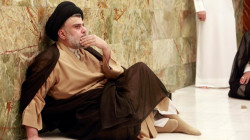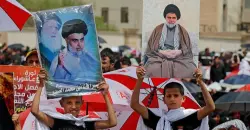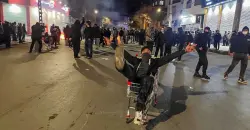Iraq: US security warning highlights risk of Shiite factions confrontation
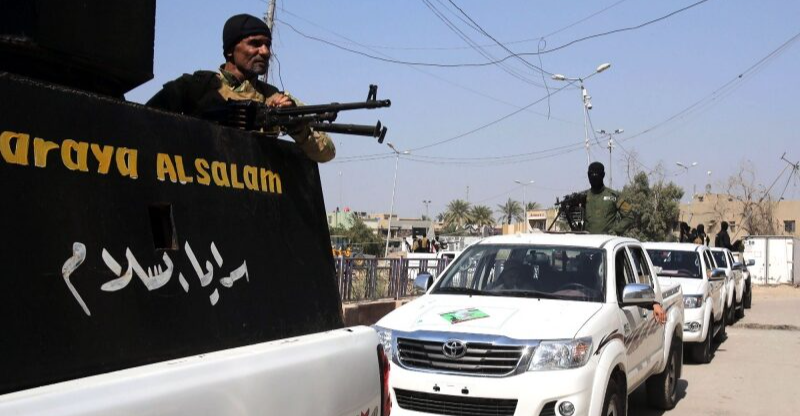
Shafaq News
In a significant development that could reshape Iraq’s power dynamics, leading voices within the country’s Shia religious and political establishment have called for the disarmament of non-state militias and the reinforcement of state authority, The Washington Institute for Near East Policy said in an anlaysis published on Thursday.
The coordinated messaging suggests a deepening rift between Iraq’s traditional religious leadership and Iran-aligned armed groups operating outside government control.
On June 26, Abdul Mahdi al-Karbalai, the official representative of Grand Ayatollah Ali al-Sistani, delivered a sermon in Karbala calling for fundamental reform and the enforcement of state authority in Iraq. Karbalai emphasized that the country’s future depends on implementing a national governance framework rooted in integrity and institutional legitimacy.
Referencing "the Supreme Religious Authority"—meaning Ayatullah Sistani—the sermon called for Iraqi elites to stand up to external interference in all its forms, uphold the rule of law, limit arms to state authorities, and combat corruption at all levels. Karbalai's comments were widely interpreted as an implicit critique of the self-styled muqawama (resistance), the collection of Iran-backed militias that operate outside the state's control despite avowedly being under the prime minister's command.
This message was quickly echoed by Shia cleric and political leader Muqtada al-Sadr, who on July 4 issued a direct and unambiguous demand to dissolve the militias and restore the state’s monopoly on armed force. On social media, Sadr declared: "Falsehood shall not be repelled except by handing over uncontrolled weapons to the state, dissolving the militias, strengthening the army and police, and ensuring Iraq’s independence, without following the corrupt, and striving earnestly for reform and holding the corrupt accountable.”
Together, these statements mark an escalating confrontation between Iraq’s nationalist religious authorities and the entrenched influence of Iran-backed militias. As tensions rise, the calls for disbanding these armed groups could set the stage for a broader political and security realignment in Baghdad.
To continue reading, click here
